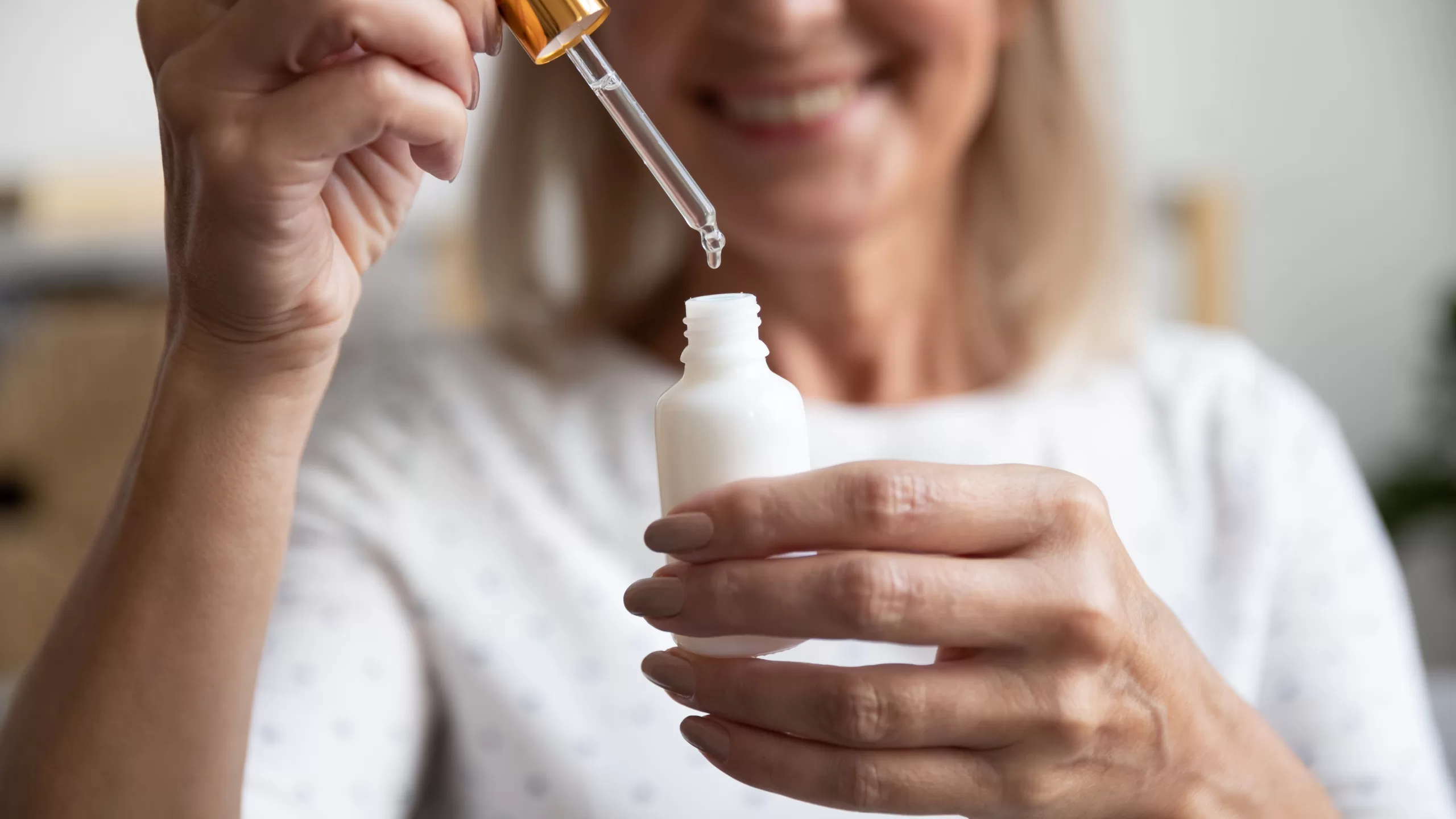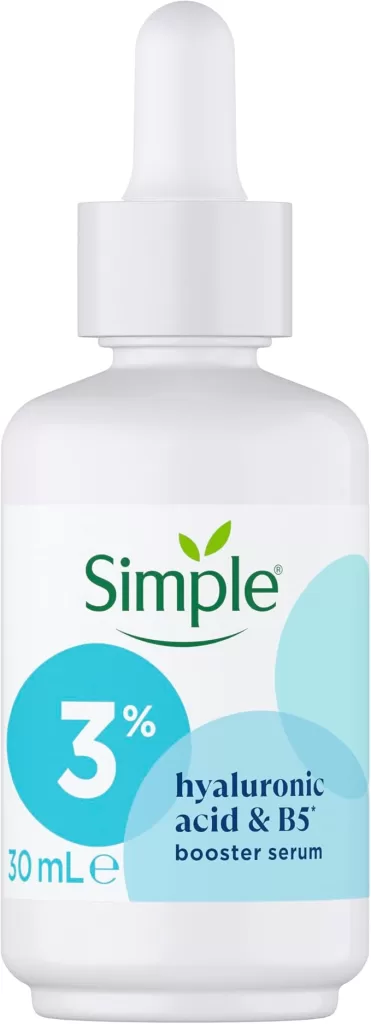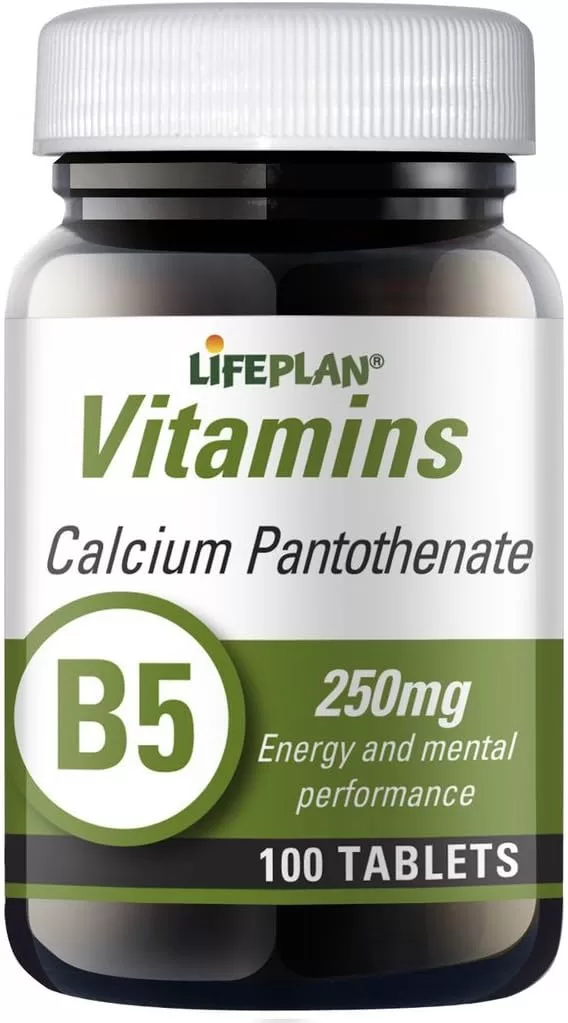What Is the Most Common Skin Rejuvenation Product That Women Are Looking For?
The Search for the Best Skin Rejuvenation Product
Women across the world are always on the lookout for the best skin rejuvenation product to maintain a youthful glow. As skin ages, collagen production slows, fine lines appear, and elasticity diminishes. To combat these changes, many turn to powerful skincare ingredients that promote cell renewal, hydration, and skin firmness.
But what is the most common skin rejuvenation product that women are looking for? The answer lies in retinol-based formulas, hyaluronic acid serums, and collagen-boosting treatments. These scientifically proven ingredients help to smooth wrinkles, restore moisture, and enhance overall skin texture.
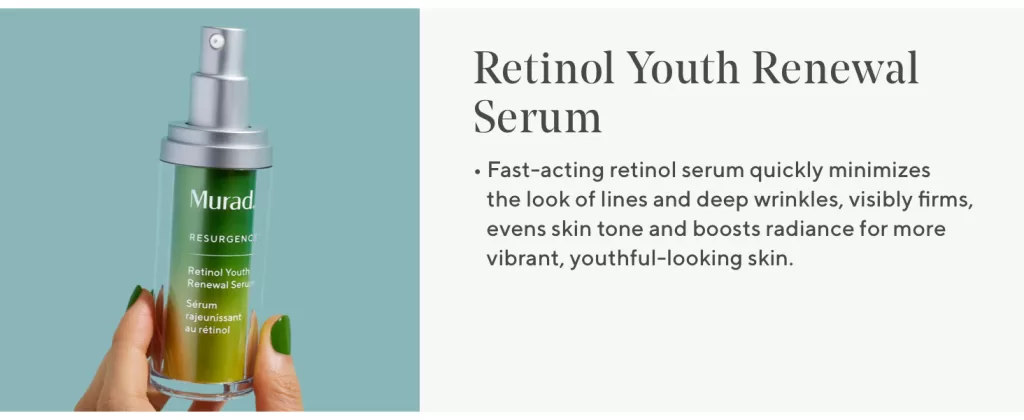
Why Retinol Is the Most Popular Skin Rejuvenation Product
1. Retinol: The Gold Standard for Anti-Aging
Retinol, a form of vitamin A, is the most widely recommended skin rejuvenation product due to its ability to:
Increase collagen production for firmer skin
Speed up cell turnover, reducing dullness
Minimize fine lines, wrinkles, and dark spots
Improve skin tone and texture
2. How Retinol Works for Skin Rejuvenation
Retinol penetrates deep into the skin to boost collagen and elastin production. Over time, this process helps reduce the visible signs of aging and restores a radiant, youthful complexion.
3. Best Retinol Products for Skin Rejuvenation
Some of the most sought-after retinol-based skin rejuvenation products include:
- Olay Regenerist Retinol 24 Night Moisturizer – Hydrates while reducing fine lines overnight
- RoC Retinol Correxion Deep Wrinkle Night Cream – Targets deep wrinkles with clinically proven retinol
- The Ordinary Retinol 0.5% in Squalane – A budget-friendly option for beginners
Tip: Start with a low concentration (0.3-0.5%) and gradually increase to prevent irritation. Always apply sunscreen during the day when using retinol.
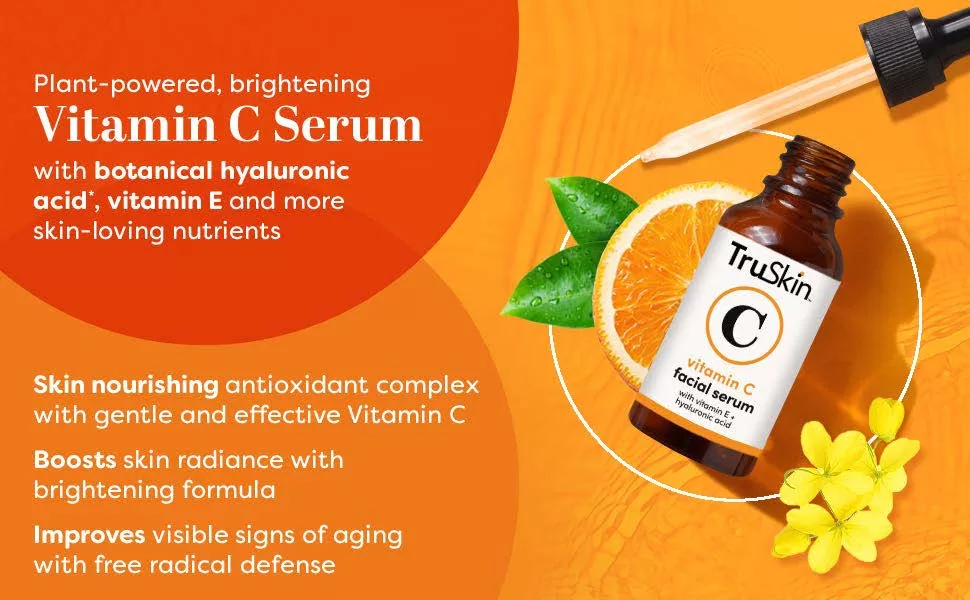
Other Top Skin Rejuvenation Ingredients Women Are Looking For
1. Hyaluronic Acid: Intense Hydration & Plumping
Hyaluronic acid (HA) is a powerful skin hydrator that holds 1,000 times its weight in water, making it one of the best skin rejuvenation products for dry or aging skin.
Deeply hydrates and plumps the skin
Reduces fine lines caused by dehydration
Improves skin elasticity for a youthful look
💡 Top Hyaluronic Acid Serums:
- Neutrogena Hydro Boost Hyaluronic Acid Serum
- SkinCeuticals Hyaluronic Acid Intensifier
- CeraVe Hydrating Hyaluronic Acid Serum
Pro Tip: Layer hyaluronic acid before moisturizer for maximum hydration.
When Can You Expect to See Results from Hyaluronic Acid Products?
Understanding when you’ll see results from hyaluronic acid products depends on several factors, including the product type and your specific skincare goals. Here’s a breakdown to guide you:
- Immediate Benefits: Many hyaluronic acid products deliver a quick hydration boost. If you’re using a serum or cream, you might notice your skin appearing more plump and hydrated within just minutes. This is due to hyaluronic acid’s ability to attract and retain moisture effectively.
- Short-Term Improvements: For those aiming to enhance overall skin texture and radiance, consistent use over a few days can bring noticeable improvements. This includes smoother skin and a healthy glow.
- Long-Term Results: If your goal is to reduce fine lines and tackle deeper signs of aging, patience is key. These changes typically take longer, and it might be a couple of months before you see significant improvements. Regular application is crucial for best results.
- Product Variations: Keep in mind that different formulations may produce different timelines. Fast-acting serums may show quicker results compared to creamy moisturizers or masks, which often work more gradually.
Utilize these insights to set realistic expectations, ensuring you choose the right product for your skin’s needs. Remember, individual experiences may vary based on skin type and product efficacy.
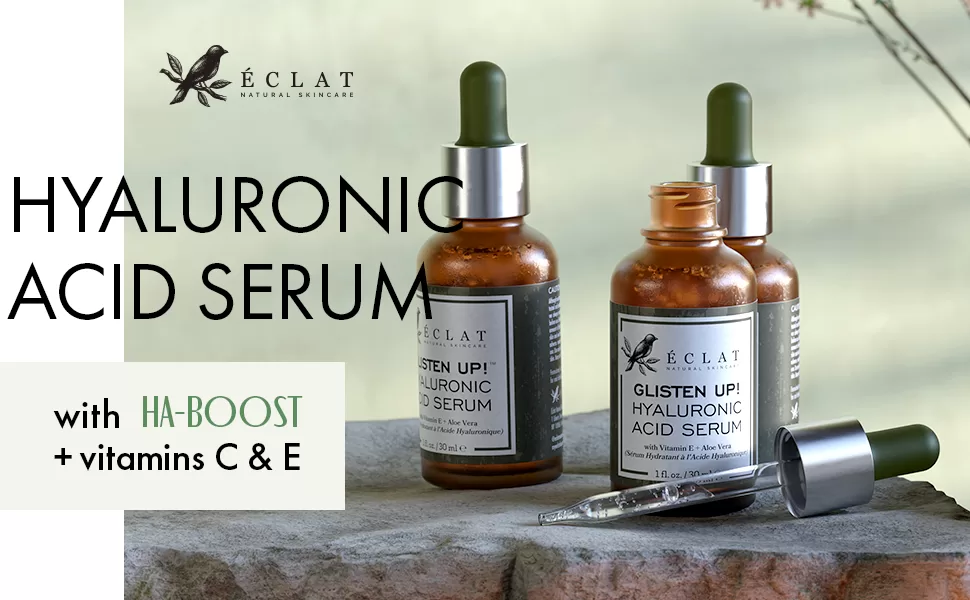
How Often Can You Use Hyaluronic Acid in Your Skincare Routine?
Hyaluronic acid is a versatile and hydrating powerhouse in skincare, suitable for use both morning and evening. To maximize its benefits and ensure optimal results, follow these guidelines:
1. Read Product Instructions:
- Always start by checking the specific instructions provided with your hyaluronic acid product. Different formulations may have unique recommendations regarding frequency and application.
2. Start Slowly:
- If you’re new to hyaluronic acid, it’s wise to introduce it gradually into your routine. Begin with once-daily application and observe how your skin responds.
3. Monitor Skin’s Reaction:
- Pay attention to how your skin reacts. If it feels comfortable with daily use, you can consider applying it both morning and night.
4. Balance with Other Products:
- Hyaluronic acid pairs well with most skincare products. However, if you’re using other active ingredients like retinoids or exfoliating acids, it may be beneficial to alternate their application times to prevent irritation.
5. Adjust Frequency as Needed:
- After assessing your skin’s reaction over time, adjust the frequency of application to best suit your skin’s needs. Some people find twice-daily use to be effective, while others may prefer once a day or even every other day based on their skin’s hydration levels.
Conclusion
Incorporating hyaluronic acid into your skincare routine can significantly enhance hydration. By starting slow and gradually increasing usage, you can tailor its application to perfectly fit your skin’s requirements.
Can Hyaluronic Acid Cause Any Side Effects?
The term “acid” might raise concerns, but hyaluronic acid is generally considered safe for skincare. It naturally occurs in the skin, which means allergic reactions to it are quite rare.
However, some side effects can occur, typically due to other factors such as:
- Additional Ingredients: Products often contain other substances that may trigger reactions.
- Frequency of Use: Applying products too often can sometimes irritate the skin.
- Concentration Levels: High concentrations can be too harsh.
To avoid adverse effects, it’s best to keep hyaluronic acid concentrations below 2%. Using too much can lead to irritation or dryness.
Tips for Safe Use
- Patch Test: Always test new products on a small skin area before full application.
- Consult Professionals: If you notice any adverse reactions, seek guidance from a dermatologist or healthcare professional.
By following these guidelines, you can enjoy the benefits of hyaluronic acid with minimal risk.
2. Collagen-Boosting Creams & Serums
Collagen is essential for firm, youthful skin. Women often look for collagen-boosting skin rejuvenation products that help restore lost elasticity and structure.
Supports skin firmness and strength
Smooths out wrinkles and fine lines
Improves skin density over time
💡 Popular Collagen-Boosting Products:
- L’Oréal Paris Collagen Moisture Filler
- Elemis Pro-Collagen Marine Cream
- Dr. Dennis Gross C+ Collagen Deep Cream
Tip: Combine collagen peptides with vitamin C to enhance absorption and effectiveness.
3. Vitamin C: Brightening & Repairing
Vitamin C is a key antioxidant that protects the skin from free radical damage and boosts collagen production.
Fades dark spots and hyperpigmentation
Boosts radiance and evens out skin tone
Enhances collagen synthesis for firmer skin
💡 Best Vitamin C Serums for Skin Rejuvenation:
- TruSkin Vitamin C Serum – Affordable & effective
- SkinCeuticals C E Ferulic – Clinically proven brightening formula
- Drunk Elephant C-Firma Fresh Day Serum – Potent antioxidant blend
Pro Tip: Apply vitamin C in the morning before sunscreen to enhance protection from UV damage.
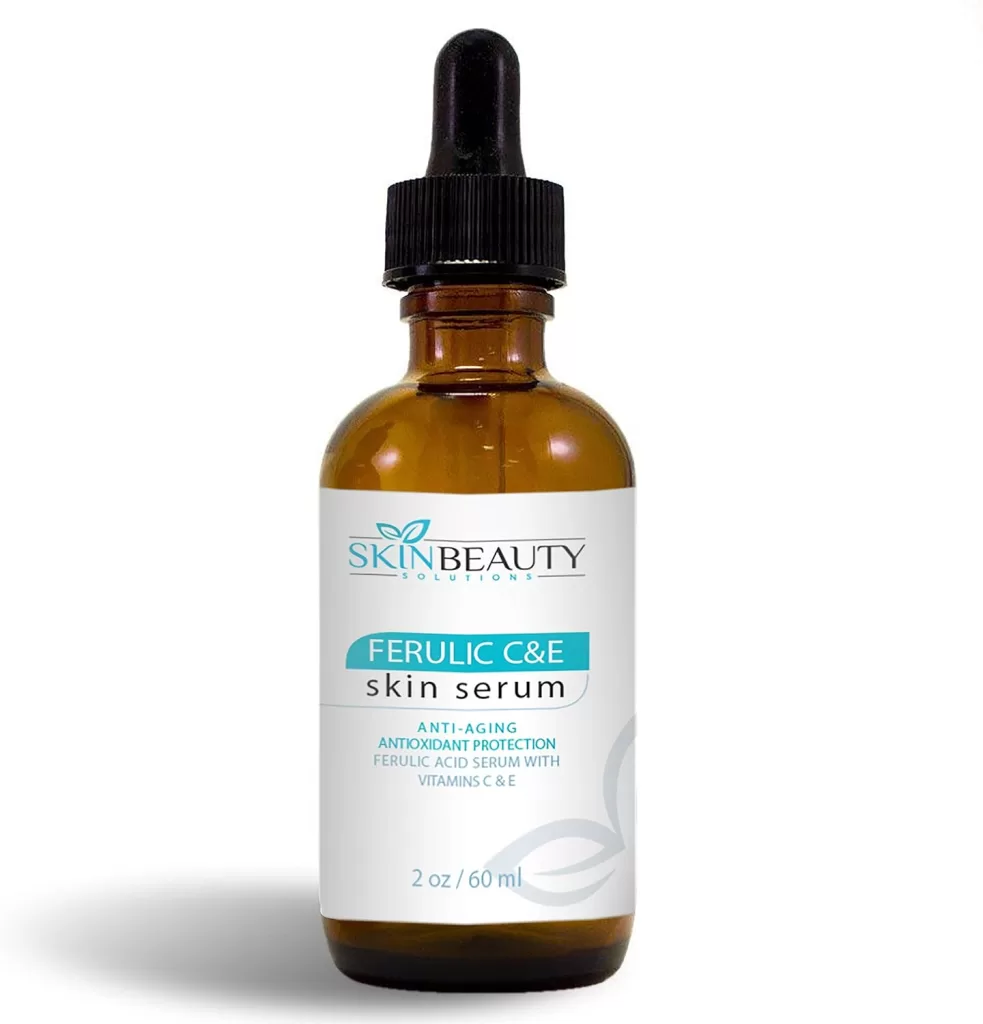
Skin Beauty Solutions Ferulic Acid C E With Vitamin C & E Skin Serum (2 Oz/60 Ml) (Compare To Skinceuticals) Wrinkles, Anti-Aging, Sun Damaged Skin
Complementary Ingredients to Hyaluronic Acid in Skincare
When you’re on the hunt for a hyaluronic acid product, choosing the right complementary ingredients can enhance the benefits you get from your skincare routine. Here are a few key additions to look for:
- Antioxidants
- Vitamin C: Known for its ability to combat dryness, Vitamin C is a powerful antioxidant that also helps protect your skin from environmental stressors, such as pollution and UV rays. It can brighten the skin and enhance the protective barrier.
- Nourishing Vitamins
- Vitamin B5 (Pantothenic Acid): This ingredient is excellent for softening and smoothing the skin’s surface. It works well alongside hyaluronic acid to provide an extra boost in hydration and skin repair.
- Occlusives
To prevent moisture loss, look for products containing occlusive ingredients. These form a protective layer on the skin, ensuring hydration doesn’t evaporate:- Shea Butter and Cocoa Butter: These rich butters are effective occlusives that lock in moisture.
- Avocado Oil: A nutrient-rich oil that provides essential fatty acids and vitamins for skin care.
- Beeswax and Carnauba Wax: These natural waxes create a barrier to help the skin retain its natural moisture.
- Lanolin and Stearic Acids: Both work effectively to provide a reliable seal that prevents water loss.
By seeking hyaluronic acid products with these complementary ingredients, you’re not only enhancing hydration but also helping to protect and nurture your skin. This ensures your skin stays soft, smooth, and radiant throughout the day.
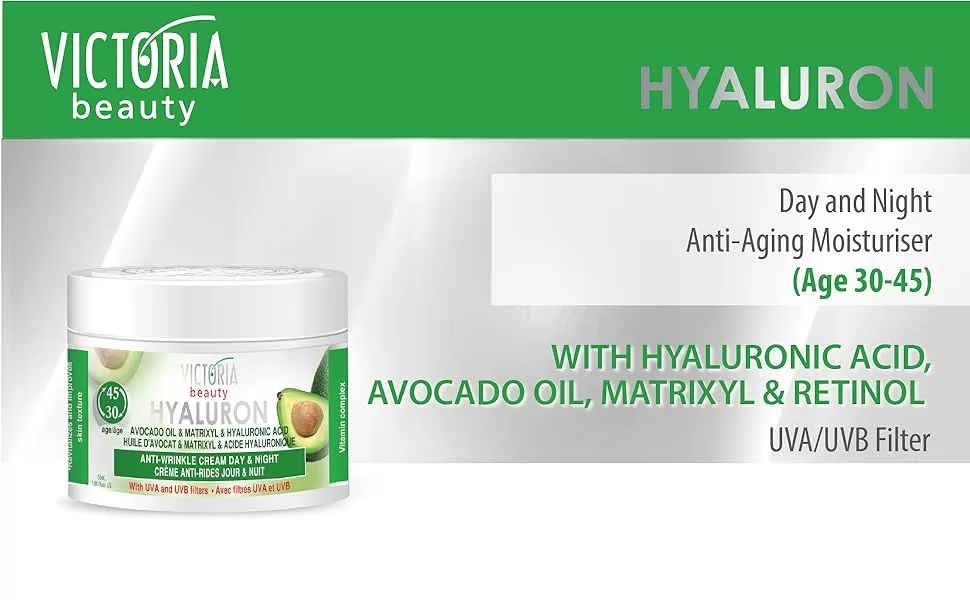
Is Hyaluronic Acid Safe for All Skin Types?
When it comes to skincare, finding products that work for everyone can be challenging. However, hyaluronic acid is a rare exception, offering benefits across the spectrum of skin types.
Safe for Sensitive Skin
If you have sensitive skin, you understand the importance of being cautious with new ingredients. Rest assured, hyaluronic acid is incredibly gentle. It doesn’t irritate, making it a suitable choice for even the most delicate complexions.
Ideal for Acne-Prone Skin
For those prone to breakouts, the fear of triggering a reaction is real. Fortunately, hyaluronic acid is non-comedogenic, meaning it won’t clog pores. It hydrates without adding excess oil, helping to maintain a clear complexion.
Pregnant or Nursing? No Problem!
Worries about skincare during pregnancy or while nursing? Hyaluronic acid poses no risks. It’s a naturally occurring compound in the body, ensuring its safety during these crucial stages.
In summary, hyaluronic acid is a versatile and safe choice for all skin types, including sensitive or acne-prone skin, as well as for expecting or nursing mothers.
What is Hyaluronic Acid and Where is it Naturally Found in the Body?
Hyaluronic acid is a substantial molecule that your body naturally produces, playing a critical role in maintaining hydration. This powerful substance is renowned for its ability to bind with water, a key feature that allows it to retain moisture effectively. Notably, hyaluronic acid can hold up to 1,000 times its weight in water, making it indispensable in maintaining skin moisture and joint lubrication.
Natural Locations in the Body
While nearly half of the body’s hyaluronic acid resides in the skin, contributing to its suppleness and elasticity, it is also present in other vital areas:
- Bones: Participating in the maintenance of healthy bone structure.
- Cartilage: Acting as a cushion, it aids in minimizing friction at joint surfaces.
- Tendons and Ligaments: Supporting their flexibility and resilience.
- Lips: Helping to keep them plump and hydrated.
Aging and Hyaluronic Acid
As we grow older, the natural production of hyaluronic acid gradually declines. This decrease can lead to drier skin and stiffer joints, prompting many to seek skincare formulations enriched with hyaluronic acid to restore lost moisture and vitality.
The remarkable water-binding ability of hyaluronic acid is why it’s a favored ingredient in skincare products aiming to counter the effects of aging and environmental factors.
When selecting a hyaluronic acid skincare product, it’s crucial to be aware of certain ingredients that may not be beneficial for your skin. Here’s a concise guide on what to steer clear of to ensure your product is as effective as possible:
Key Ingredients to Avoid
- Harsh Additives: Stay away from products that include aggressive substances like alcohol or synthetic fragrances. These can strip your skin of essential moisture and cause irritation, undermining the hydrating benefits of hyaluronic acid.
- High Acid Levels: Be cautious of products that have a high concentration of hyaluronic acid. Surprisingly, more isn’t always better when it comes to hydration. Excessive humectant levels can actually increase water loss from your skin, which is counterproductive to maintaining moisture.
Understanding the Formulation
When evaluating a product, look for labels indicating “sodium hyaluronate,” a derivative of hyaluronic acid known for its small molecule size, capable of penetrating deeper into the skin. However, balance is key; ensure the product also contains occlusives—a group of ingredients that create a protective barrier to prevent moisture from evaporating.
By avoiding these unfriendly ingredients, you’re one step closer to choosing a hyaluronic acid product that truly enhances your skin’s hydration and health.
Are All Hyaluronic Acid Products Created Equal? Understanding Concentrations and Molecular Weights
When it comes to hyaluronic acid in skincare, variety abounds. You’ll find it in products ranging from serums and moisturizers to oral supplements and injectables. However, not every product is equal in formulation or efficacy.
Concentration Variations
Hyaluronic acid concentrations can vary significantly across products. Some formulations highlight this acid or its salt form, sodium hyaluronate, as their primary ingredient. These are designed with higher concentrations to drive hydration and provide skin-supportive benefits.
Other products contain hyaluronic acid in smaller quantities, often serving as a humectant. In these cases, it plays a supporting role that may help with additional effects, such as reducing acne or evening out skin tone.
Molecular Weight Differences
The molecular weight of hyaluronic acid is another critical factor that determines its functionality. You might notice labels on creams and serums mentioning molecular weights. Here’s why it matters:
- Low Molecular Weight: These molecules are smaller, allowing them to penetrate deeper into the skin. This can lead to more lasting effects, such as a significant reduction in wrinkle depth.
- High Molecular Weight: Larger molecules, on the other hand, tend to stay on the skin’s surface. They form a protective film but may not offer long-lasting benefits due to limited penetration.
In essence, hyaluronic acid products differ in both concentration and molecular weight, affecting their overall performance and suitability for various skin concerns. Understanding these differences can help you choose the right product for your skincare needs.
Should Anyone Avoid Using Hyaluronic Acid?
Hyaluronic acid is generally considered safe for most people, regardless of skin type. This includes individuals with sensitive skin or those who frequently experience breakouts.
Safe During Pregnancy and Nursing
Expectant or nursing mothers often worry about the safety of skincare ingredients. Fortunately, hyaluronic acid is deemed safe for use during both pregnancy and breastfeeding.
Consult a Dermatologist
While hyaluronic acid is versatile, it’s always wise to consult a dermatologist for tailored advice. They can offer guidance on specific products that best suit your skin type and address any unique concerns.
In conclusion, while hyaluronic acid is safe for widespread use, professional consultation can ensure optimal results tailored to your needs.
How to Choose the Right Skin Rejuvenation Product
1. Consider Your Skin Type
- Dry Skin: Hyaluronic acid + collagen creams
- Oily Skin: Lightweight vitamin C + retinol serums
- Sensitive Skin: Gentle retinol (bakuchiol alternative) + hydrating formulas
2. Check the Ingredients
Look for dermatologist-approved ingredients like retinol, peptides, niacinamide, and ceramides for optimal skin rejuvenation.
3. Prioritize Sunscreen
No skin rejuvenation product works effectively without daily SPF 30+ to protect against UV damage and premature aging.
1. What is the most effective skin rejuvenation product?
Retinol is the most effective skin rejuvenation product for reducing fine lines, improving texture, and boosting collagen.
2. How long does it take to see results from retinol?
Most users see improvements in 4-12 weeks, with long-term benefits after 6 months of consistent use.
3. Can I use hyaluronic acid and retinol together?
Yes! Hyaluronic acid hydrates the skin, reducing the potential dryness caused by retinol.
4. Is vitamin C better than retinol?
Both are essential! Vitamin C brightens and protects, while retinol repairs and rejuvenates. Use them at different times (Vitamin C in the morning, Retinol at night).
5. What’s the best anti-aging product for beginners?
Start with a low-dose retinol (0.3%), a hydrating hyaluronic acid serum, and daily sunscreen.
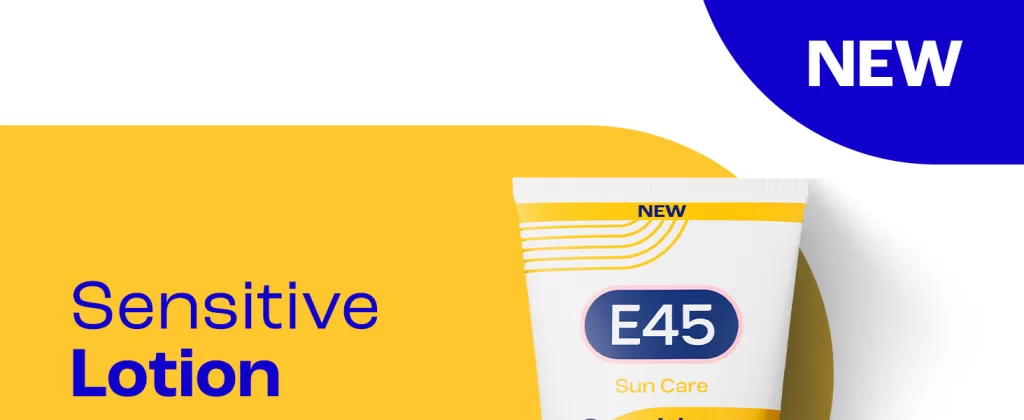
Additional Recommendations for Skin Rejuvenation Products
Niacinamide: The Multi-Tasking Powerhouse
Niacinamide, also known as vitamin B3, is a versatile ingredient that offers multiple benefits for skin rejuvenation.
Reduces redness and inflammation
Minimizes pore appearance
mproves skin elasticity and texture
Helps to fade dark spots and hyperpigmentation
💡 Top Niacinamide Products:
- The Ordinary Niacinamide 10% + Zinc 1%
- Paula’s Choice 10% Niacinamide Booster
- La Roche-Posay Effaclar Duo Dual Action Acne Treatment
Pro Tip: Niacinamide can be used alongside other active ingredients like retinol and hyaluronic acid without causing irritation.
Peptides: Building Blocks for Youthful Skin
Peptides are short chains of amino acids that help to rebuild and repair the skin.
Stimulate collagen production
Improve skin firmness and elasticity
Reduce the appearance of wrinkles and fine lines
💡 Popular Peptide Products:
- Olay Regenerist Micro-Sculpting Cream
- Drunk Elephant Protini Polypeptide Cream
- The Inkey List Collagen Booster Firming Peptide Serum
Tip: Use peptide-based products in your nighttime routine to maximize their reparative benefits.
Bakuchiol: A Natural Alternative to Retinol
Bakuchiol is a plant-derived ingredient that offers similar benefits to retinol but is gentler on the skin.
Reduces fine lines and wrinkles
mproves skin elasticity and firmness
Suitable for sensitive skin types
💡 Best Bakuchiol Products:
- Herbivore Botanicals Bakuchiol Retinol Alternative Smoothing Serum
- Ole Henriksen Goodnight Glow Retin-ALT Sleeping Crème
- BYBI Beauty Bakuchiol Booster
Pro Tip: Bakuchiol is an excellent option for those who experience irritation from traditional retinol products.
Ceramides: Restoring the Skin Barrier
Ceramides are lipids that help to restore and maintain the skin’s natural barrier, essential for healthy, hydrated skin.
Strengthens the skin barrier
Locks in moisture
Reduces irritation and sensitivity
💡 Top Ceramide Products:
- CeraVe Moisturizing Cream
- Dr. Jart+ Ceramidin Cream
- Elizabeth Arden Advanced Ceramide Capsules Daily Youth Restoring Serum
Tip: Use ceramide-rich products to soothe and repair skin, especially after using active ingredients like retinol or acids.
Alpha Hydroxy Acids (AHAs) and Beta Hydroxy Acids (BHAs): Exfoliating for Renewal
AHAs and BHAs are chemical exfoliants that help to remove dead skin cells, promoting a brighter and smoother complexion.
Improve skin texture and tone
Reduce the appearance of fine lines and wrinkles
Unclog pores and prevent breakouts
💡 Best AHA/BHA Products:
- Paula’s Choice Skin Perfecting 2% BHA Liquid Exfoliant
- The Ordinary AHA 30% + BHA 2% Peeling Solution
- Sunday Riley Good Genes All-In-One Lactic Acid Treatment
Pro Tip: Use AHAs and BHAs 2-3 times a week to avoid over-exfoliation, and always follow with sunscreen during the day.
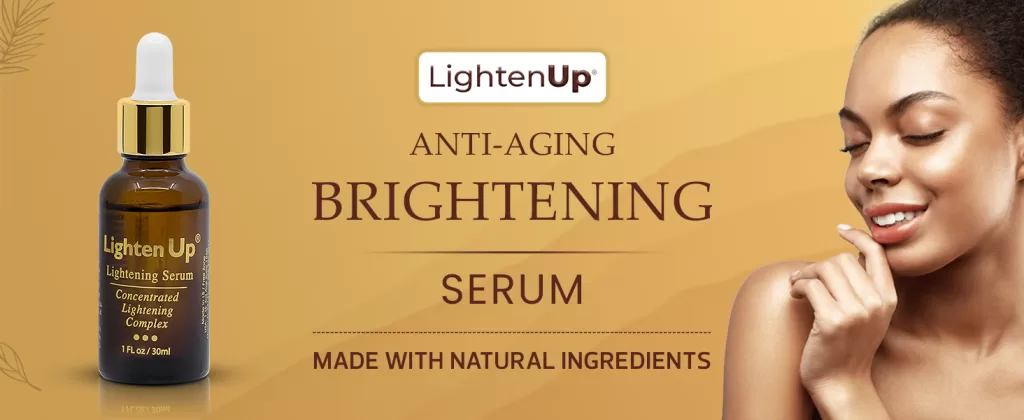
Incorporating a Holistic Approach to Skin Rejuvenation
- Diet and Lifestyle:
- Hydration: Drink plenty of water to keep your skin hydrated from within.
- Nutrition: Incorporate foods rich in antioxidants, vitamins, and omega-3 fatty acids, such as berries, nuts, and fatty fish.
- Sleep: Ensure you get 7-9 hours of quality sleep each night to allow your skin to repair and regenerate.
- Stress Management:
- Practice stress-reducing activities like yoga, meditation, or deep breathing exercises to prevent stress-related skin issues.
- Regular Exercise:
- Engage in regular physical activity to boost circulation and promote a healthy glow.
Advanced Skin Rejuvenation Treatments
- Professional Treatments:
- Chemical Peels: Remove the top layer of dead skin cells to reveal smoother, more radiant skin.
- Microdermabrasion: Exfoliates the skin to improve texture and tone.
- Laser Therapy: Stimulates collagen production and reduces the appearance of wrinkles and scars.
- At-Home Devices:
- LED Light Therapy: Use devices like the Dr. Dennis Gross DRx SpectraLite FaceWare Pro to reduce wrinkles and improve skin tone.
- Microcurrent Devices: Tools like the NuFACE Mini help to lift and tone facial muscles for a more youthful appearance.
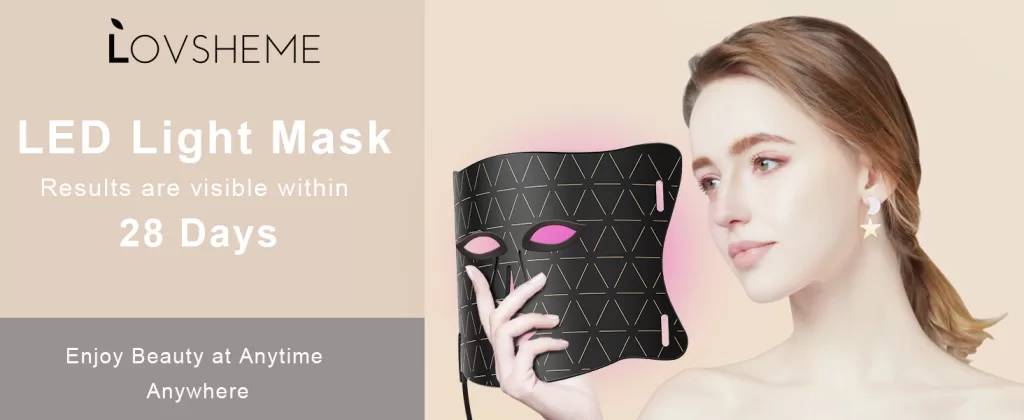
FAQs About Skin Rejuvenation Products
1. What Is the Best Skin Rejuvenation Product for Women?
The best skin rejuvenation product depends on individual skin concerns. However, retinol, hyaluronic acid, and collagen creams are the most sought-after for anti-aging, hydration, and firming the skin.
2. How Do Skin Rejuvenation Products Work?
A skin rejuvenation product works by boosting collagen production, increasing cell turnover, and hydrating the skin. Ingredients like retinol, peptides, and vitamin C help improve texture, elasticity, and overall radiance.
3. How Long Does It Take for a Skin Rejuvenation Product to Show Results?
Most skin rejuvenation products take 4-12 weeks to show noticeable results. Retinol and collagen boosters work gradually, improving fine lines, hydration, and firmness over time.
4. Are Skin Rejuvenation Products Safe for Sensitive Skin?
Yes! If you have sensitive skin, choose a skin rejuvenation product with gentle ingredients like bakuchiol (a retinol alternative), niacinamide, and ceramides to avoid irritation.
5. Can I Use More Than One Skin Rejuvenation Product at a Time?
Yes, but layering must be done correctly. For example, you can use hyaluronic acid in the morning, vitamin C for brightening, and retinol at night for maximum skin rejuvenation benefits.
6. What Is the Best Skin Rejuvenation Product for Beginners?
If you’re new to skin rejuvenation products, start with a low-dose retinol (0.3%), a hydrating serum with hyaluronic acid, and daily sunscreen to prevent premature aging.
7. Do Natural Skin Rejuvenation Products Work?
Some natural skin rejuvenation products with ingredients like aloe vera, green tea, and rosehip oil provide hydration and antioxidants. However, dermatologist-recommended products with retinol, peptides, and hyaluronic acid are more effective for long-term results.
8. Can a Skin Rejuvenation Product Replace Professional Treatments?
A good skin rejuvenation product can reduce signs of aging and improve skin texture, but professional treatments like chemical peels, microneedling, and laser therapy provide deeper, longer-lasting results.
Final Thoughts: Finding the Best Skin Rejuvenation Product
If you’re searching for the best skin rejuvenation product, retinol remains the top choice for its proven anti-aging and collagen-boosting properties. However, hyaluronic acid, collagen creams, and vitamin C serums also play a vital role in keeping skin youthful and radiant.
For best results, choose a product that suits your skin type, use it consistently, and always apply sunscreen daily to maintain healthy, glowing skin!
Related article
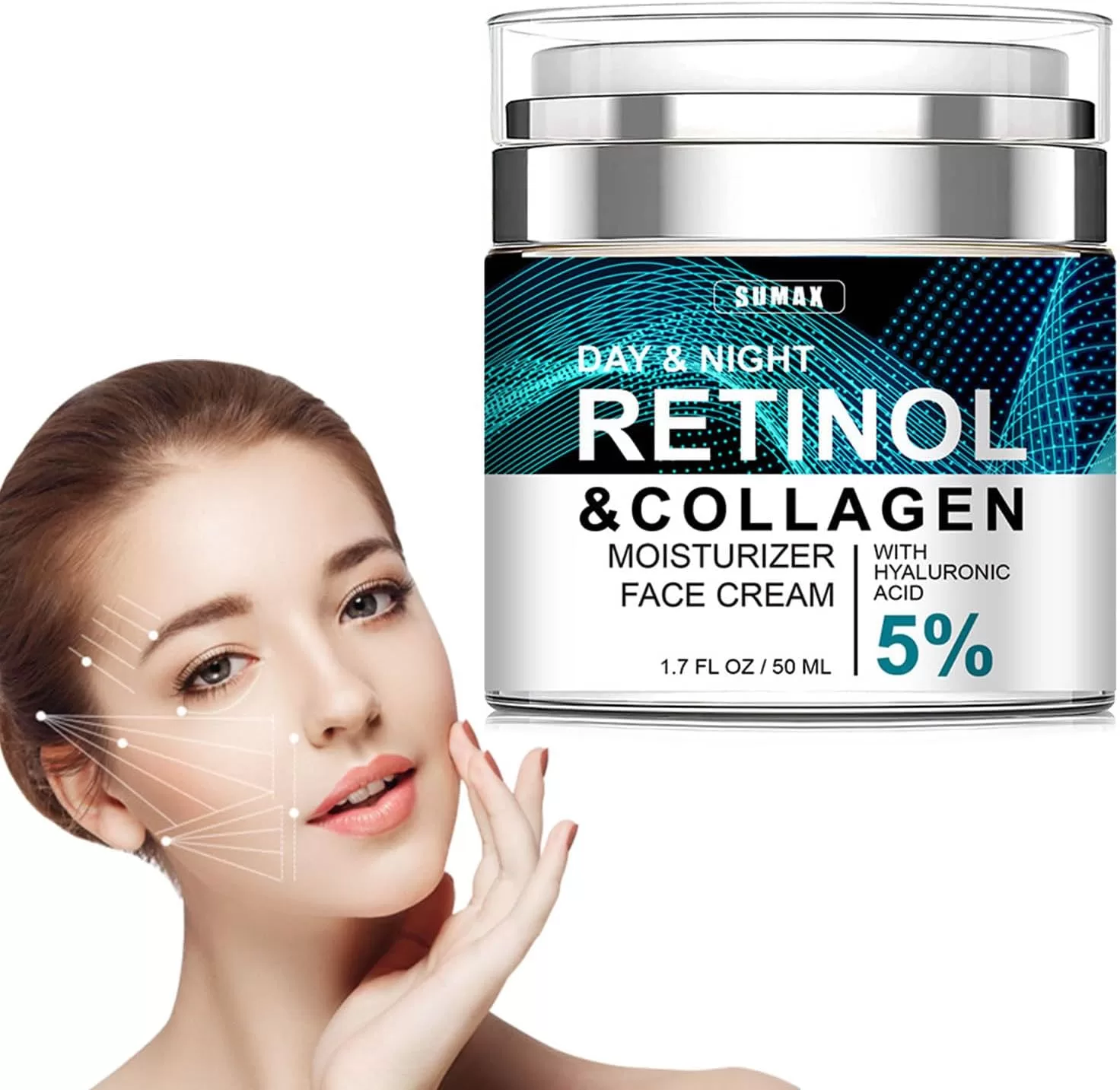
Transform Your Skin with Face Moisturizer Retinol Cream

Explore more articles like this @ Where And How Resources

